Traditional Chinese medicine, as an important component of Chinese traditional culture, has a long history and a long history. In traditional Chinese medicine theory, identifying symptoms through medication is crucial. A qualified Chinese medicine doctor needs to have a solid theoretical foundation and rich clinical experience, be able to accurately diagnose diseases, and prescribe corresponding prescriptions based on different conditions.
Traditional Chinese medicine emphasizes the principle of "treating the symptoms according to the medicine, and matching the medicine with the syndrome". During the diagnosis process, doctors need to have a comprehensive understanding of the patient's condition, including symptoms, signs, tongue, pulse, and other aspects. By comprehensively analyzing this information, the etiology, pathogenesis, location, and physical characteristics of the disease can be determined, in order to provide personalized treatment plans for patients.
At the same time, traditional Chinese medicine also emphasizes the principle of "monarchs, subjects, and assistants". In the compatibility of prescriptions, doctors need to follow certain rules and make reasonable combinations based on the characteristics of the drug's nature, taste, meridian tropism, and efficacy. Through reasonable compatibility, the efficacy can be improved, side effects can be reduced, and better therapeutic effects can be achieved.
中医作为中国传统文化的重要组成部分,历史悠久,源远流长。在中医理论中,用药识症是非常关键的。一个合格的中医医生需要具备扎实的理论基础和丰富的临床经验,能够准确地诊断疾病,并根据不同的病情开出相应的药方。
中医用药强调“对症下药,药证相符”。在诊断过程中,医生需要全面了解患者的病情,包括患者的症状、体征、舌象、脉象等方面。通过对这些信息的综合分析,确定疾病的病因、病机、病位以及患者的体质特点,从而为患者开出个性化的治疗方案。
同时,中医用药还强调“君臣佐使”的原则。在药方的配伍上,医生需要遵循一定的规律,根据药物的性味、归经、功效等特征进行合理的搭配。通过合理的配伍,可以提高药效,减少副作用,达到更好的治疗效果。

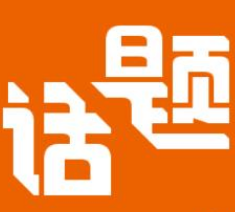
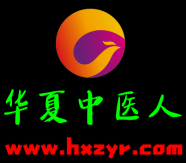
110X110.png)
110x110.png)
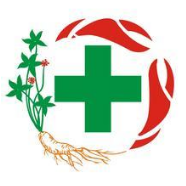


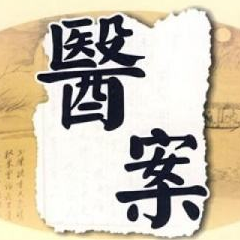
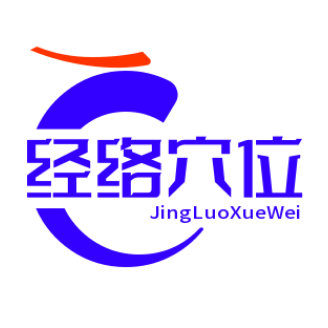

请登录之后再进行评论